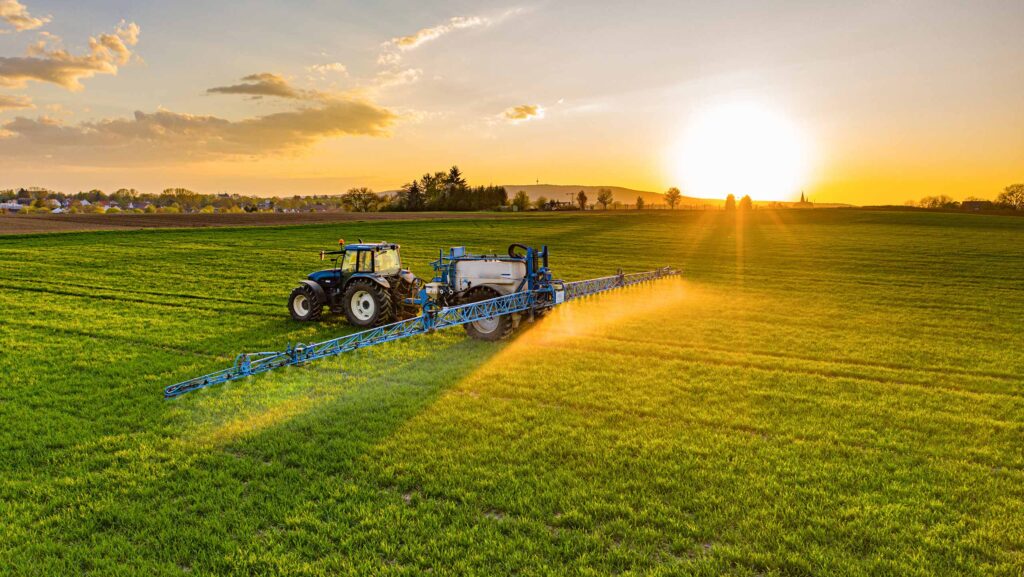British farmers undercut by lower pesticide standards
 © Adobe Stock
© Adobe Stock British farmers are being undermined due to a lowering of pesticide standards on foreign food imports, according to analysis by the Pesticide Action Network UK (PAN UK).
Over the past two years, research by the campaign group shows safety limits on pesticide residues for 115 types of produce, including key staples like fruits, vegetables, coffee, and grains, have been relaxed in Great Britain.
This follows the previous Conservative UK government’s decision in 2022 to align with Codex international standards for maximum residue levels (MRLs) for certain food products, which can be lower than existing UK and EU standards.
See also: How biologicals and new approaches are changing pesticide use
This shift allows foreign growers to use pesticides that UK farmers are prohibited from using, such as the use of neonicotinoids in the US, Canada and Australia, giving foreign producers a significant cost advantage, the group says.
PAN UK carried out the analysis of MRLs for chemicals in our food using data from the Health and Safety Executive (HSE), which regulates pesticides in the UK.
15 of the 49 pesticides affected by these changes are classified as “Highly Hazardous Pesticides”, posing risks to human health and the environment, PAN UK says.
Nick Mole, policy officer at PAN UK, said: “By allowing higher levels of pesticide residues for chemicals that are not permitted for use in UK agriculture in our food, you are also undermining UK farmers’ ability to produce in a level playing field.”
Mr Mole stressed that the new Labour government should stick to its pledge to ensure British farmers are not undercut in future trade deals, such as the proposed UK-India trade agreement.
‘No safety concern’ – CropLife UK
CropLife UK, an organisation which represents the crop solutions sector, said the stringent safety standards upheld by UK and European regulatory bodies have not changed.
Dave Bench, CropLife UK chief executive, said: “The MRLs referenced are not the safety standards, they are a trade level, and are set to reflect the farming practices in the producing country.
“MRLs facilitate global trade in food commodities, and it is natural for them to vary between countries, but they are always set well within the safety standards.”
A Defra spokesperson said: “Decisions on MRLs are only taken after rigorous risk assessments to make sure levels are safe for the public.
“This government will change existing policies to ban the use of bee-killing pesticides and will set out plans to minimise the risks and impacts of pesticides through an increased uptake of integrated pest management.”
